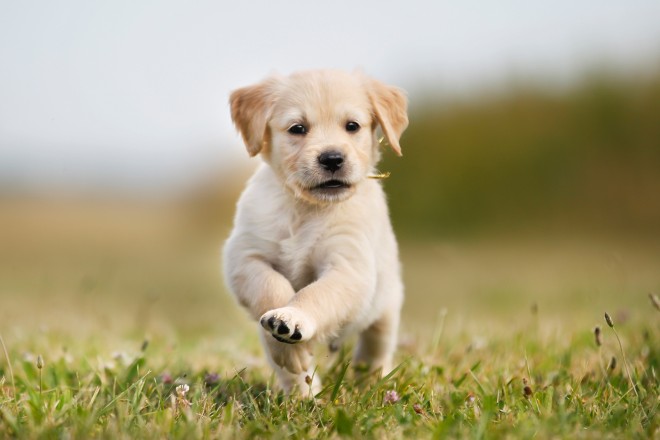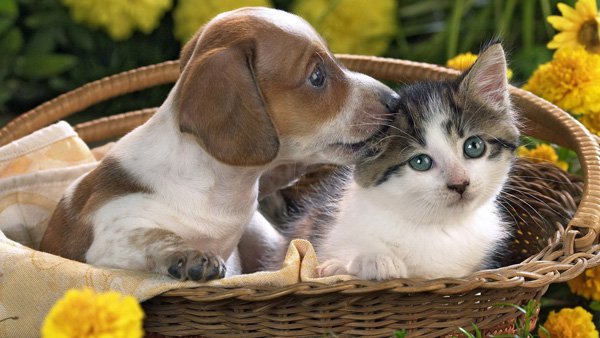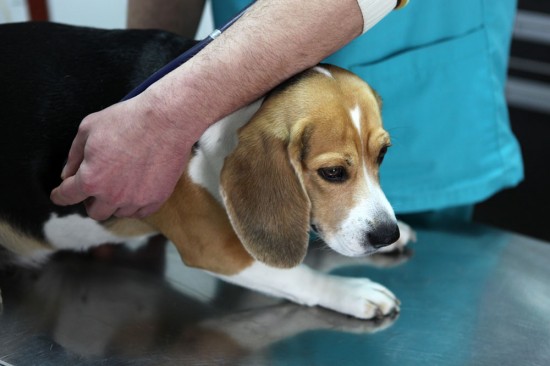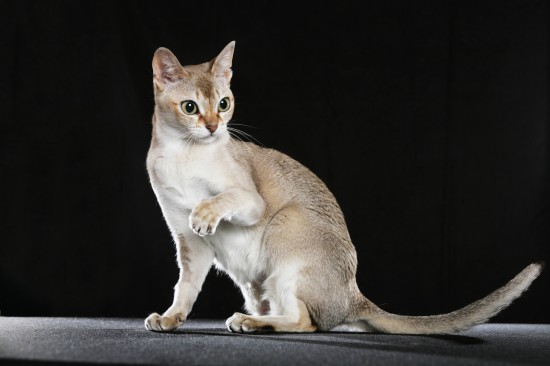
He’s been your equine partner for years now. You’ve perhaps ridden in
shows, through trails or even relocated across the country with your
horse. You’ve been friends a long time, and it may be hard to admit, but
you’ve noticed your horse is slowing down.
Don’t lose heart. Just like with people, advances in health care and
nutrition are helping horses live longer, more productive lives, well into
their senior years. But older horses do take a little extra care. Here’s a
few ways to keep your aging buddy doing his best.
1. Give him light, consistent work. Your horse may not be able to keep
up a workout routine for competitions, but he’s probably not ready to
retire either. Keep him at a reasonable fitness level and he’ll feel and
perform like a younger horse. The worst thing to do is let him get out of
shape and then ride him hard some weekend when he hasn’t been
ridden for months. That’s not fair to him and may spell trouble for you
later.
2. Make sure your horse has regular vet check-ups. Don’t neglect the vet
check-up even if your horse isn’t around many other horses anymore.
Keep him up-to-date on vaccinations, like any horse, and make sure
your vet begins looking for signs of arthritis or soundness issues.
Sometimes cortisone shots given early can not only provide relief for
aching joints, but can prevent further inflammation and stiffness later on.
Continued deworming is also important for the older horse. Horses more
than 20 years old may have intestinal scarring from worm damage that
occurred before modern larvicidal dewormers were available.
Have your veterinarian check your horse’s teeth at least once a year.
The older a horse gets, the more likely his teeth will be worn into sharp
points. They may even be wearing out completely.
3. Consider a senior feed. Older horses do not absorb as many
nutrients from their food as younger horses. Couple that with worn-out,
missing or damaged teeth, and many older horses have difficulty
keeping weight on, especially through the winter months. Several senior
feeds on the market today offer alfalfa-based pellets that are easy for
older horses to chew, swallow and digest.
Many times older horses choose to eat very little hay. The senior feed is
designed to cover all roughage requirements for the horse as well as
provide the ideal vitamin and mineral balance for the older horse. Also,
don’t feed your senior buddy with a younger, more aggressive horse.
You want to make sure he doesn’t have to fight for his fair share.
4. Consider feed supplements. If you’ve never used a feed supplement,
now may be the time. Talk to your veterinarian about what kind of
supplement might be best for your horse. Biotin is great for hooves and
coat. Other supplements can help with energy. Of course, glucosiamine
is the standard supplement to keep joints healthy and lubricated.
5. Give him attention. It’s easy to forget about a horse you can’t use as
much anymore, but if you can’t use him, maybe you should loan his
services to someone who can. Many older, experienced show horses
are great lesson horses. He could give a neighbor’s child a few lessons
a week or stand still while you teach children how to properly groom a
horse. He might be a great mount for a beginner rider, or an adult who
doesn’t want any surprises. You could still take him on the occasional
leisurely ride. Just don’t leave him untouched in a stall for days. At the
very least, give him a buddy and plenty of turnout time.
It may take a little extra time and money to care for your older horse, but
when you think back to all the years he’s given, you’ll probably agree
he’s worth it. With the proper care, many horses are living sound,
productive lives well into their 20s.
Diane Samson is a writer with The Lieurance Group, a
freelance writers cooperative in Kansas City, Missouri. Samson can
provide writing, reporting and editing services for magazines,
newspapers, corporate communications and especially animal
publications. Find out more about her writing services at http://www.lieurancegroup.blogspot.com. or email her at: [email protected]
 Tips to Find the Odor Free and Flushable Litter for Cats
Tips to Find the Odor Free and Flushable Litter for Cats
Tips to Find the Odor Free and Flushable Litter for Cats
Tips to Find the Odor Free and Flushable Litter for Cats
 Five Breeds Of Dog That Can Live Happily With Cats
Five Breeds Of Do
Five Breeds Of Dog That Can Live Happily With Cats
Five Breeds Of Do
 Rehabilitative therapies for your pet
Rehabilitative therapies for your pet
Pet owne
Rehabilitative therapies for your pet
Rehabilitative therapies for your pet
Pet owne
 Pyometra In Dogs - Causes, Treatment And Prevention
Pyometra In Dogs
Pyometra In Dogs - Causes, Treatment And Prevention
Pyometra In Dogs
 Some More Information On The Singapura Cat Breed
Some More Informa
Some More Information On The Singapura Cat Breed
Some More Informa
Copyright © 2005-2016 Pet Information All Rights Reserved
Contact us: www162date@outlook.com